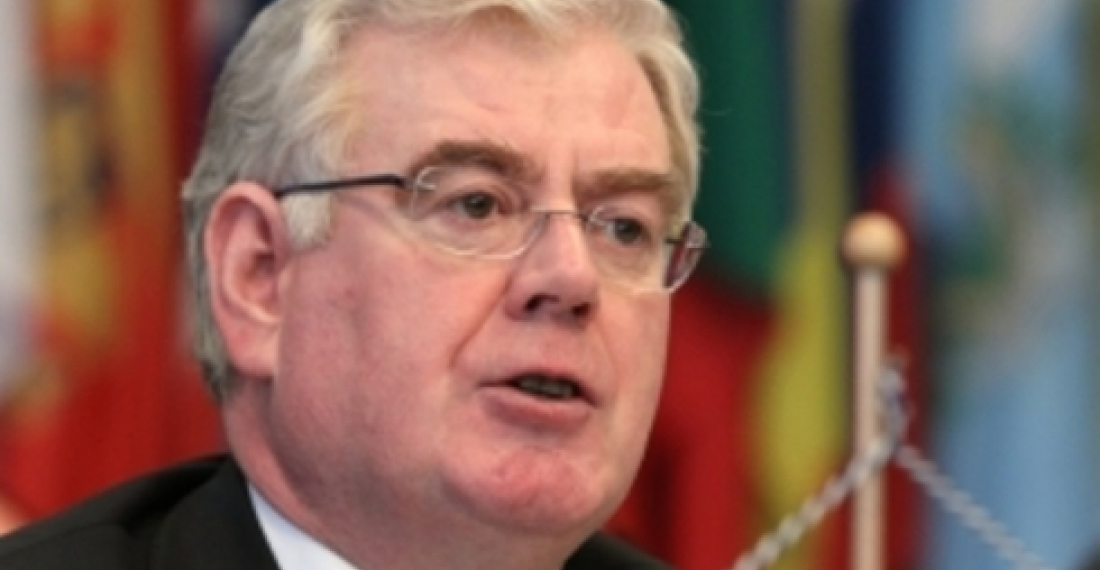Действующий председатель ОБСЕ, Организации по безопасности и сотрудничеству в Европе (ОБСЕ), отправляется на Кавказ с трехдневным визитом, во время которого он посетит Армению, Грузию и Азербайджан. Имон Гилмор, который является заместителем премьер-министра и министром иностранных дел Ирландии встретится с руководством трех стран, а также с представителями политических партий и гражданского общества. На повестке дня во всех трех странах целый ряд вопрос, в том числе по урегулированию неразрешенных конфликтов и вопросы, касающиеся власти и демократизации.
Однако, визит проходит на фоне опасений, что ОБСЕ становится все менее значимой организацией для региона. В качестве одной из основных международных организаций в регионе ОБСЕ в последние годы потерпело ряд неудач. В 2008 году организация была не в состоянии предотвратить кризис в Южной Осетии, который привел к краткосрочной войне между Грузией и Россией. ОБСЕ была ведущей международной организацией, которой было поручено работать над этим конфликтом. Организацию также обвиняют в маргинализации Минского процесса по урегулированию нагорно-карабахского конфликта, за который номинально она несет ответственность. Три страны-сопредседателя Минского процесса - Россия, Франция и США выборочно докладывают на Постоянном совете ОБСЕ в Вене.
После войны в 2008 году между Грузией и Россией, правительство России наложило вето на мандат миссии ОБСЕ в Грузии и Миссию впоследствии пришлось закрыть. Это была одна из первых и наиболее активных миссий и ее закрытие это неудача, от которой организация не смогла восстановиться.
Есть также растущая озабоченность о том, как ОБСЕ проводит свои наблюдения за выборами. С значимыми выборами на горизонте во всех трех странах Южного Кавказа с ОБСЕ растет спрос на ее слаженные действия и на то, что правительства всех трех стран выполняют свои обязательства в рамках принципов и практик ОБСЕ.
У Ирландии, которая председательствует в текущем году в ОБСЕ, хорошие намерения по всем этим вопросам, но ее правительство занято с множеством внутренних проблем из-за мирового экономического кризиса, так что ее потенциал сосредоточивания на вопросах ОБСЕ ограничен. Вместе с тем ожидается, что Имон Гилмор будет волевым в беседах с лидерами трех стран, и его визит поможет сосредоточить внимание на важных и актуальных вопросах региона.
Источник: commonspace.eu
Фото: Председатель ОБСЕ, министр иностранных дел Ирландии, Имон Гилмор (фото любезно предоставлено ОБСЕ)







